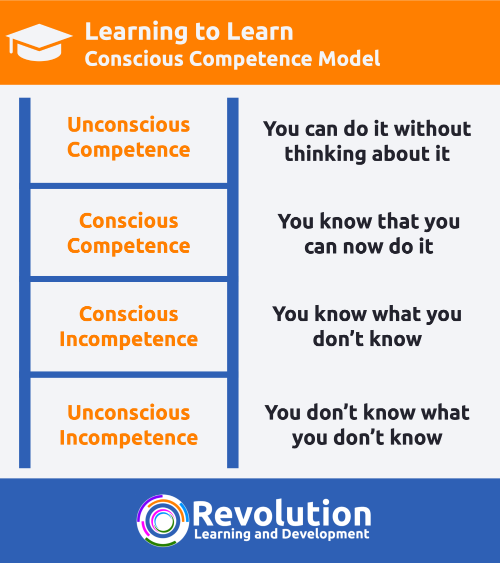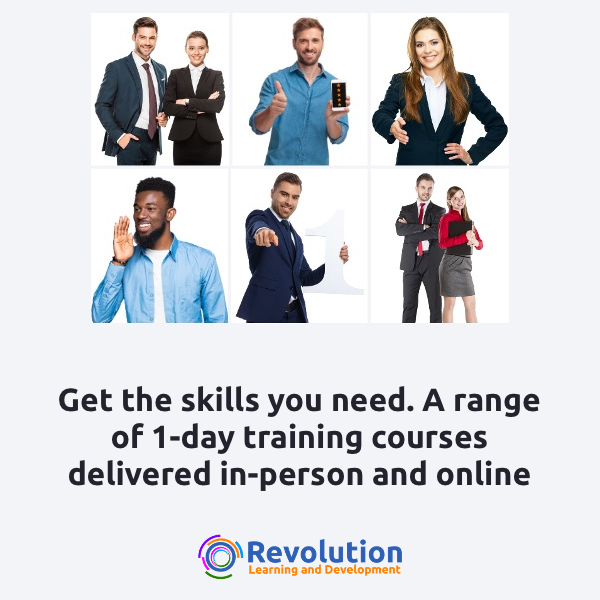Background
The conscious competence learning model helps us to understand the journey we go through when we learn something new. It is sometimes known as the conscious competence ladder or the conscious competence matrix.
The conscious competence learning model was developed by Noel Burch in the 1970s and describes 4 stages we go through when learning new skills. It also can help us understand more about learning in general.
Conscious Competence
While the conscious competence learning model has 4 stages, the stages are made up of 2 factors – consciousness and competence
- Conscious – how aware we are of what we know or what we can do
- Competence – whether we actually have the skills to do the things we need to do
The 4 stages of the conscious competence learning model are a mix of these two factors.
The Conscious Competence Learning Model

The conscious competence learning model has 4 stages:
- Unconscious Incompetence – you don’t know what you don’t know
- Conscious Incompetence – you know what you don’t know
- Conscious Competence – you know that you can do it now
- Unconscious Competence – you can do it without thinking about it
Unconscious Incompetence Stage
At this stage of the learning journey, you don’t know what you don’t know. This means that you have identified something that you need i.e. a new skill or task, but you don’t know whether you can do it or not.
If we take the idea of learning to drive and apply it to the model, at this stage it means that you may have been a passenger in a car, but have never sat behind the wheel and attempted to drive. You may have an idea of what driving a car entails but never having done it, you don’t know at this point whether you can or you can’t.
If this was understanding whether you can do a job or not, using tools such as a personal development plan or a SWOT analysis on yourself can be a useful way to identify what you think you current can do or the areas in which you will need to improve.
Essentially, at this stage, you just need to have a go and see what you can and can’t do. In our driving example, this would be taking your first driving lesson. This might be trying something new for the first time in a work context.
Conscious Incompetence Stage
Now that you have tried, you will find out the things that you can’t do. Your awareness is now raised meaning you are more conscious. This is the stage of conscious incompetence.
You now understand that you need to learn new skills and take action to get to where you need to be.
If we go back to the learning to drive example, you may have got in the car, started the engine and immediately stalled as you tried to move off. Now, you realise it isn’t as straightforward as it looked.
Don’t let this impact your confidence. A positive mindset is going to be key here.
Go back to your personal development plan or speak with people who have the skills. They can become a coach or mentor to help you acquire the skills that you need. You could also attend training courses or use other personal development interventions. Work out your personal development approach.
Once you have that in place, take the steps needed to to get to where you need to be.

Conscious Competence Stage
As you begin to learn and apply your new skills, your awareness of your ability to do these things will begin to increase. With this comes an increase in confidence.
You still need to apply a high level of consciousness to this, meaning you still have to think about what you are doing and concentrate.
In the learning to drive scenario, this will happen as you begin to take more lessons and have more practice – right up to the point that you pass your driving test.
In a work-based example, you will start to see the results of your actions. You will need to seek more and more opportunities to practice your skills to ensure you become fully competent in them.
Unconscious Competence Stage
When you get to this stage of the conscious competence learning model, you will find you are using your skills with little effort. They become part of your routine or everyday actions.
In the driving example, you understand that you have to concentrate, but you also find that sopping, starting, moving through the gears and switching lanes are all done without huge amounts of effort.
In a work context, you may give little thought to how you are doing things – you just know how to get them done.
A warning here though. It’s really easy for complacency to kick in. If this happens, mistakes can be made. You should revisit the conscious competence stage on a regular basis to ensure this doesn’t happen. This can be achieved through training or finding a coach to help you keep your existing skills sharp and identify possible new directions to go in.
Further Learning
You can develop your skills in all areas of the conscious competence learning model by attending one of our many easy to access training courses. See the full list of courses we deliver on the course overview page.




